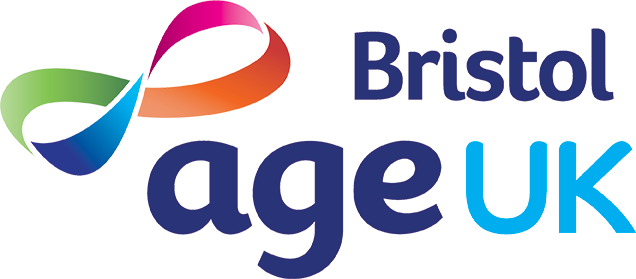.png)
LinkAge works to reduce isolation among older people. Shelagh has begun to work with a group of Somali elders whose greatest wish is to learn English. Isolation can be caused by a multitude of reasons but for the women that Shelagh met, it is not being able to communicate when shopping, going to the doctor or dentist or talk to your neighbours.
There were 6 women who came to the second meeting of this developing group. It was amazing how important eye contact, body language and hand gestures suddenly became. The women said how much they wanted to learn English, to take exercise as they had led very active lives back home, to have a space to garden and grow vegetables – they grew their own food at home and how they have not really been to the countryside, only visiting other Cities.
With no common language, Shelagh began by saying her own name and learning that of the women. Four of them were called Fadumo- a popular name when they were born. One of them was talking about her teeth- no language needed to understand that there was a sore tooth under discussion. ‘These are ‘teeth’ I said, then ‘what is the word for teeth in Somali? ‘Ilik’ they replied and so began a very long list of parts of the body, kitchen objects, fruit, veg and meat.
Il are eyes, sun is nose, dake is ear, gand is chin, timo is hair and gore is neck. These are all phonic spellings as I was writing them down.
While waiting for lunch to be delivered from a local Somali restaurant we popped next door to the local Iceland supermarket. First I held up the onions- ‘onions’ they chorused and so on through the fruit and veg playing a name game. I am not sure what the staff made of it all!
Next I pointed out to the women the difference between fruit ‘juice’ and ‘drink’, the juice having a short ingredients list (100% orange) and the drink, long list including sugar, water and additives. I find that many older people from minority communities have Diabetes and with no English, it is important for them to be aware of ingredients in our shops. Then we looked at the cleaning products and I pointed out furniture polish as opposed to bathroom and kitchen cleaning sprays. I had not before noticed that many products very helpfully have pictures.
After our delicious lunch (the spiced rice was my favourite), it was time to leave but they said that they would like to come again. Since we met, my task has been to find exercise, gardening, ESOL (English classes) and to look long term how to find a way of funding a regular space for these women- and many others to meet and socialise.
The walled Garden has already offered an ‘ESOL through gardening’ course, Raj at LinkAge will set up a walking group to accommodate their needs and we are looking at ways to provide a coach trip to the countryside or seaside (the women would love to paddle) and long term, a venue where they can meet regularly.
Every time I have worked with Somali people, young and older I find them to be ambitious, enthusiastic and with a great sense of humour.
Perhaps next time we each see a woman in a hijab and long flowing robes in the street, we might look into the face of our new fellow Bristol citizens and say hello and smile. I believe that reducing loneliness begins with a smile.
Shelagh is also setting up meetings with up to 30 Somali elder men who would love to find a regular venue to meet, socialise and continue the oral tradition through story telling and poetry. The men that attended the first LinkAge meeting last week express a wish to have a role in supporting their young people through education, training and career choices.
Here’s hoping that we have some breakthroughs in meeting some of the expressed needs of the Bristol community of Somali elders in the near future. Watch this space!

